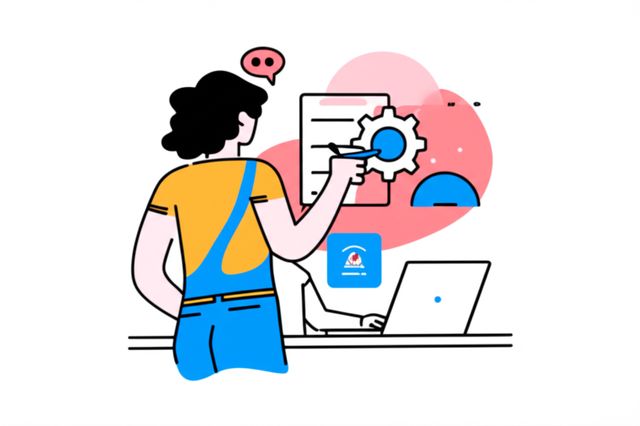Machine Learning Pipelines
Machine Learning Pipelines are the backbone of modern machine learning workflows, which help data scientists and engineers automate the end-to-end process of building, training, and deploying machine learning models. By streamlining these tasks, pipelines improve efficiency, reproducibility, and overall model performance.
Why Learn Machine Learning Pipelines?
There are several reasons why learning about Machine Learning Pipelines is a worthwhile investment for aspiring and practicing data scientists, machine learning engineers, and software developers:
- Increased Efficiency: Pipelines automate repetitive tasks, freeing up data scientists to focus on more complex and high-value activities.
- Improved Reproducibility: Pipelines ensure that models are built and deployed consistently, reducing errors and improving the reliability of results.
- Enhanced Model Performance: Pipelines allow for the optimization of each step in the machine learning workflow, leading to better performing models.
- Scalability: Pipelines can be easily scaled up to handle large datasets and complex models, enabling organizations to leverage the full potential of their data.
- Career Advancement: Proficiency in Machine Learning Pipelines is a highly sought-after skill in the job market, opening doors to new opportunities and career growth.
Applications of Machine Learning Pipelines
Machine Learning Pipelines find applications in a wide range of industries and sectors, including:
- Healthcare: Diagnosing diseases, predicting patient outcomes, and personalizing treatment plans.
- Finance: Detecting fraud, assessing credit risk, and forecasting financial trends.
- Retail: Personalizing recommendations, optimizing inventory management, and predicting customer behavior.
- Manufacturing: Predicting equipment failures, optimizing production processes, and improving quality control.
- Transportation: Optimizing routes, predicting traffic patterns, and improving safety.
Skills Gained from Machine Learning Pipelines Courses
Online courses on Machine Learning Pipelines provide learners with a comprehensive understanding of the concepts and techniques involved in building, training, and deploying machine learning pipelines. These courses typically cover the following skills:
- Data preprocessing and feature engineering
- Model selection and training
- Model evaluation and hyperparameter tuning
- Pipeline orchestration and deployment
- Cloud computing platforms for machine learning
- Best practices for machine learning pipeline development
Careers Associated with Machine Learning Pipelines
Proficiency in Machine Learning Pipelines can open doors to a range of careers in data science, machine learning, and software engineering. Some common roles associated with this field include:
- Data Scientist
- Machine Learning Engineer
- Software Engineer
- Data Analyst
- Machine Learning Researcher
Online Courses for Learning Machine Learning Pipelines
Online courses provide a flexible and accessible way to learn about Machine Learning Pipelines. These courses offer a structured learning path, with video lectures, hands-on projects, assignments, and assessments to reinforce understanding. By completing these courses, learners can develop a solid foundation in Machine Learning Pipelines and gain the skills necessary to apply them in real-world scenarios.
Conclusion
Machine Learning Pipelines are essential for streamlining and enhancing the machine learning workflow. By automating repetitive tasks, ensuring reproducibility, and improving model performance, pipelines empower data scientists and engineers to build and deploy better machine learning models. Online courses provide a convenient and effective way to learn about Machine Learning Pipelines, equipping learners with the skills and knowledge needed to succeed in this rapidly growing field.


